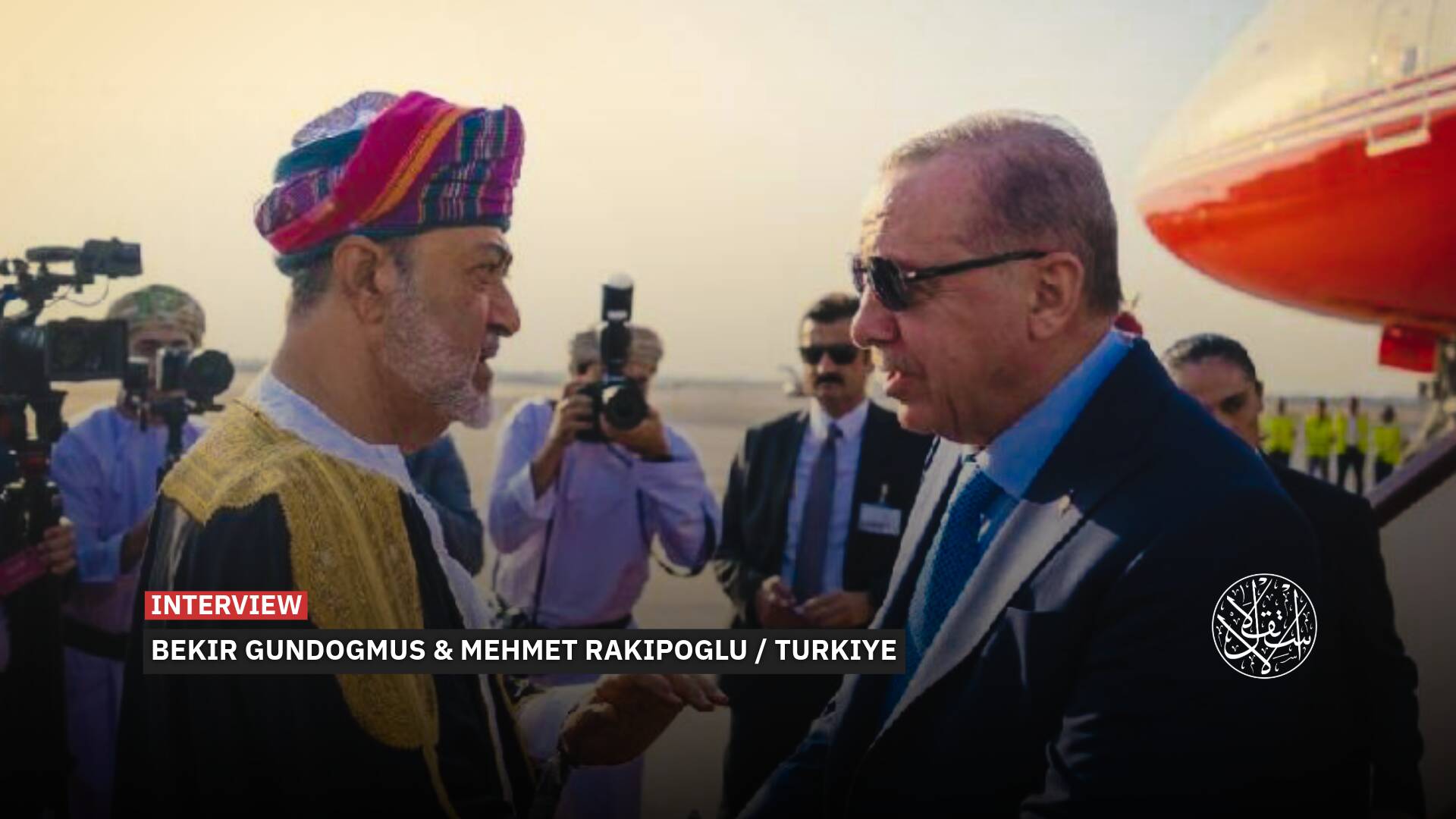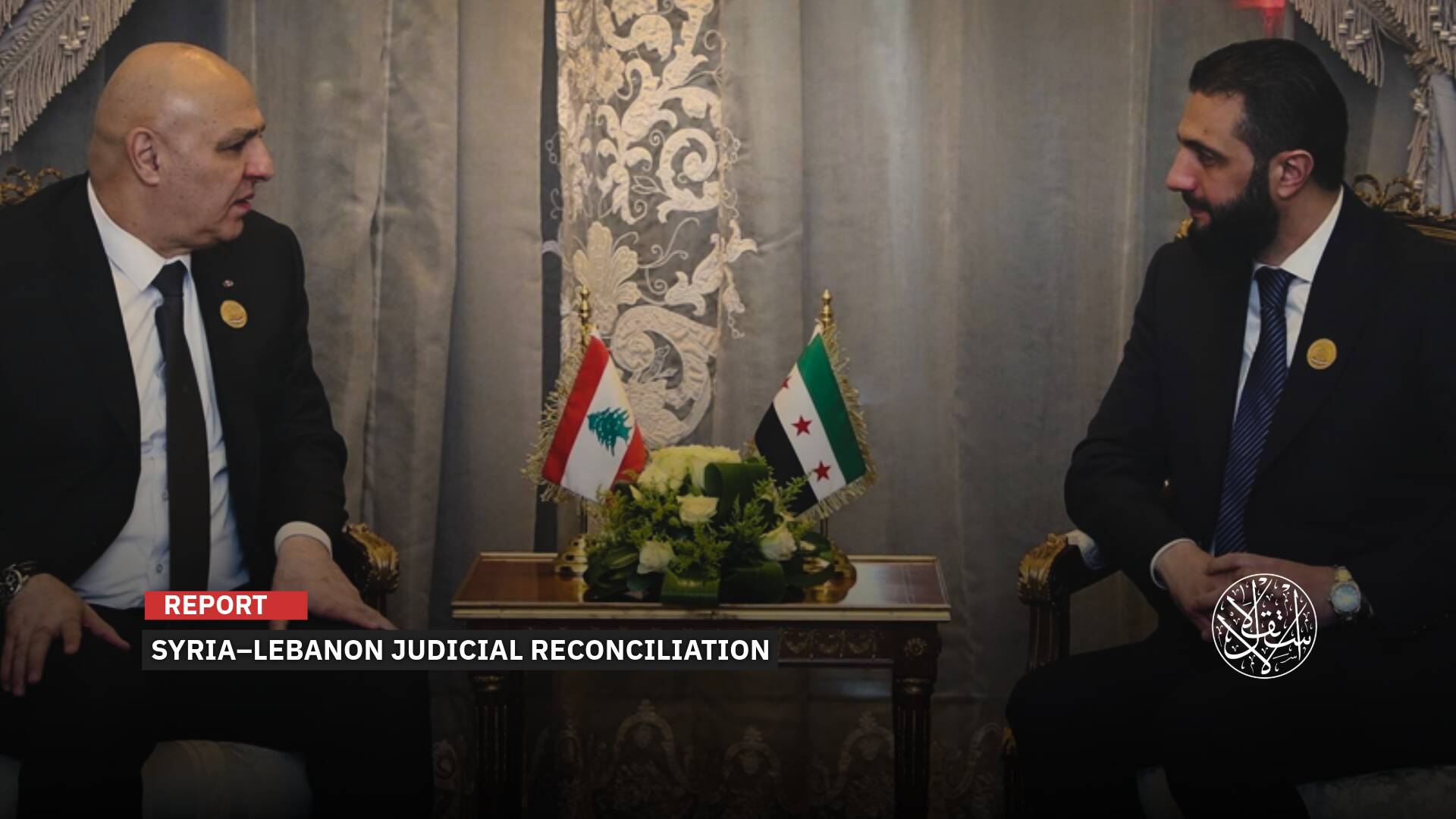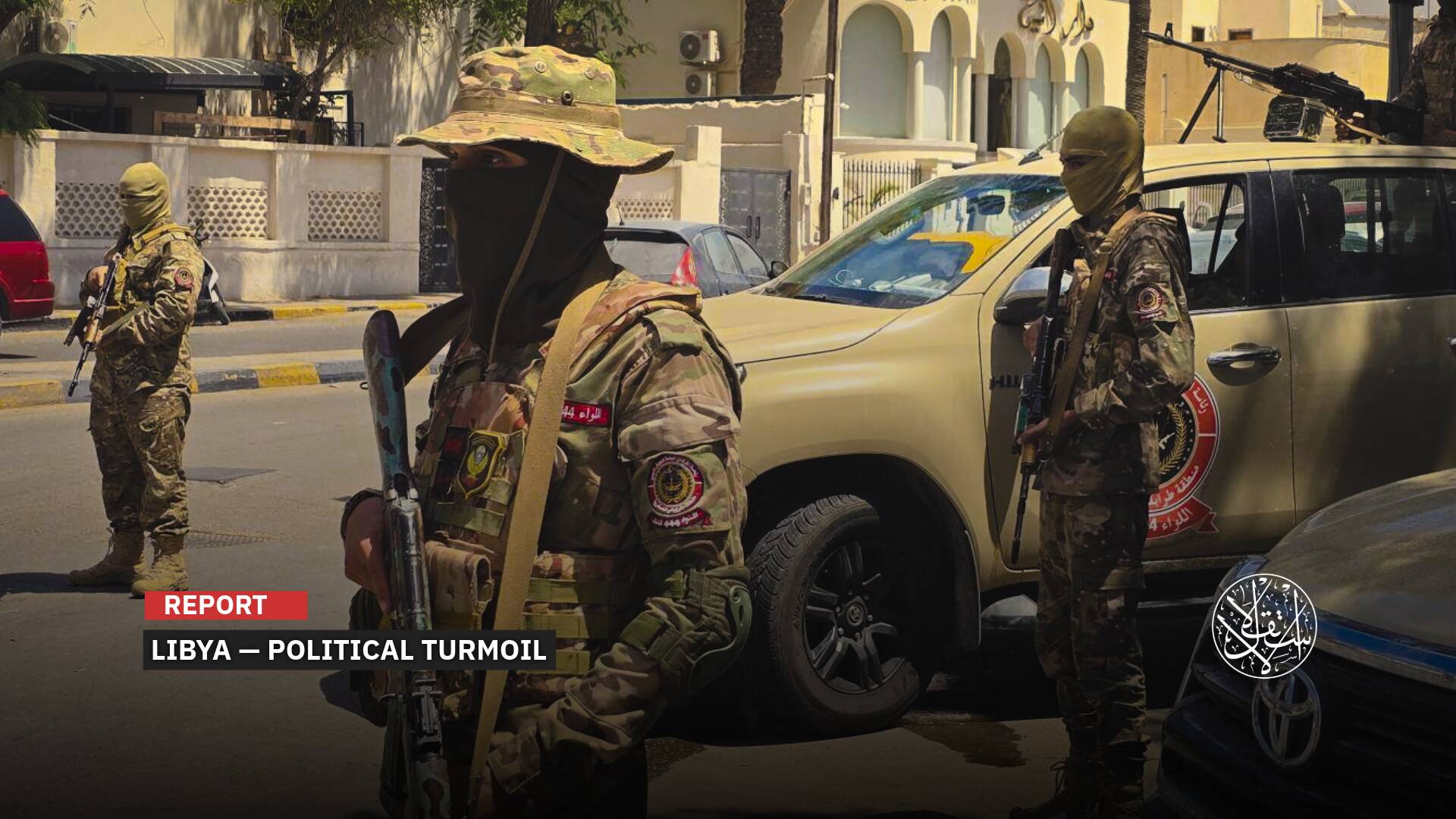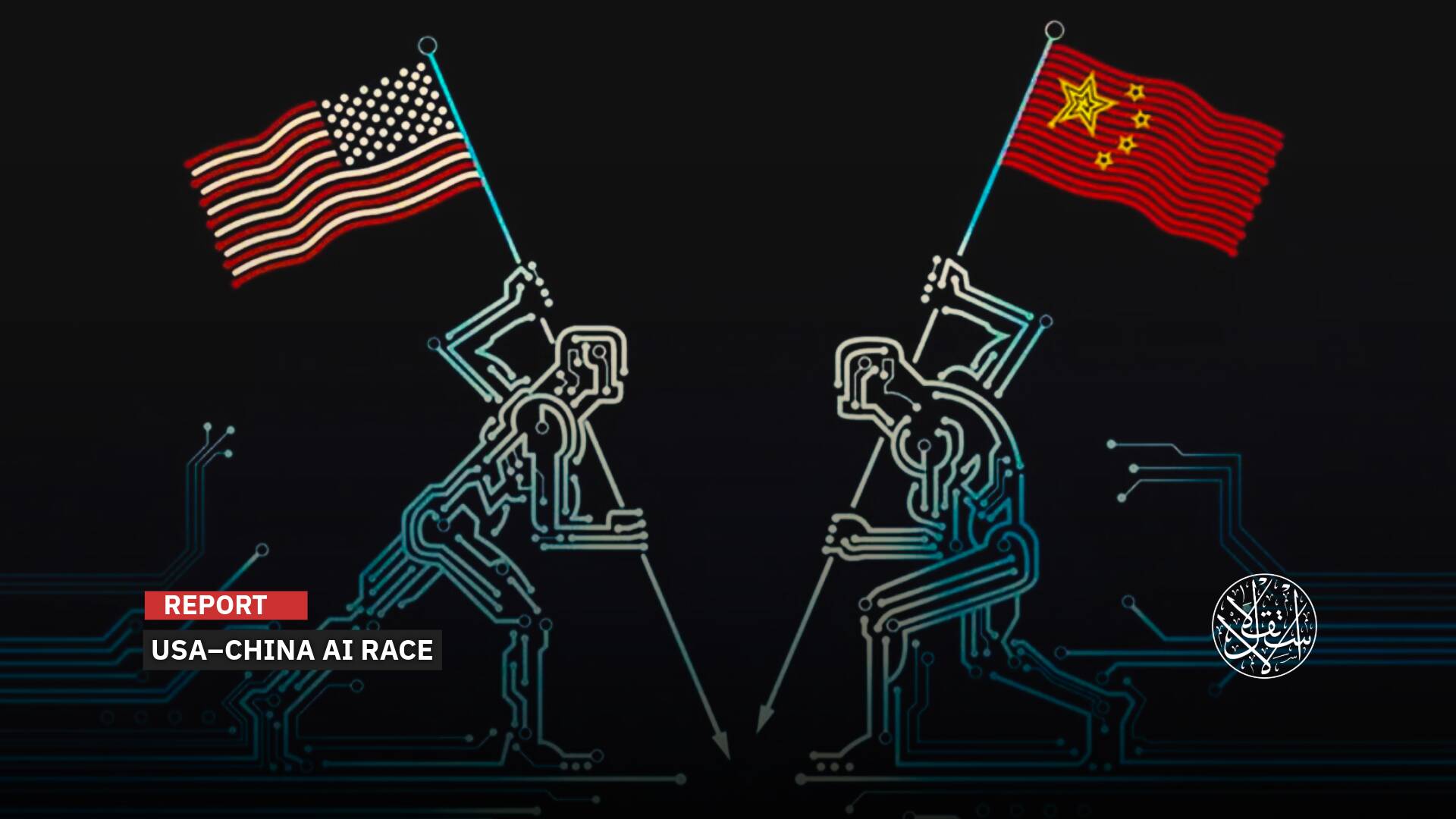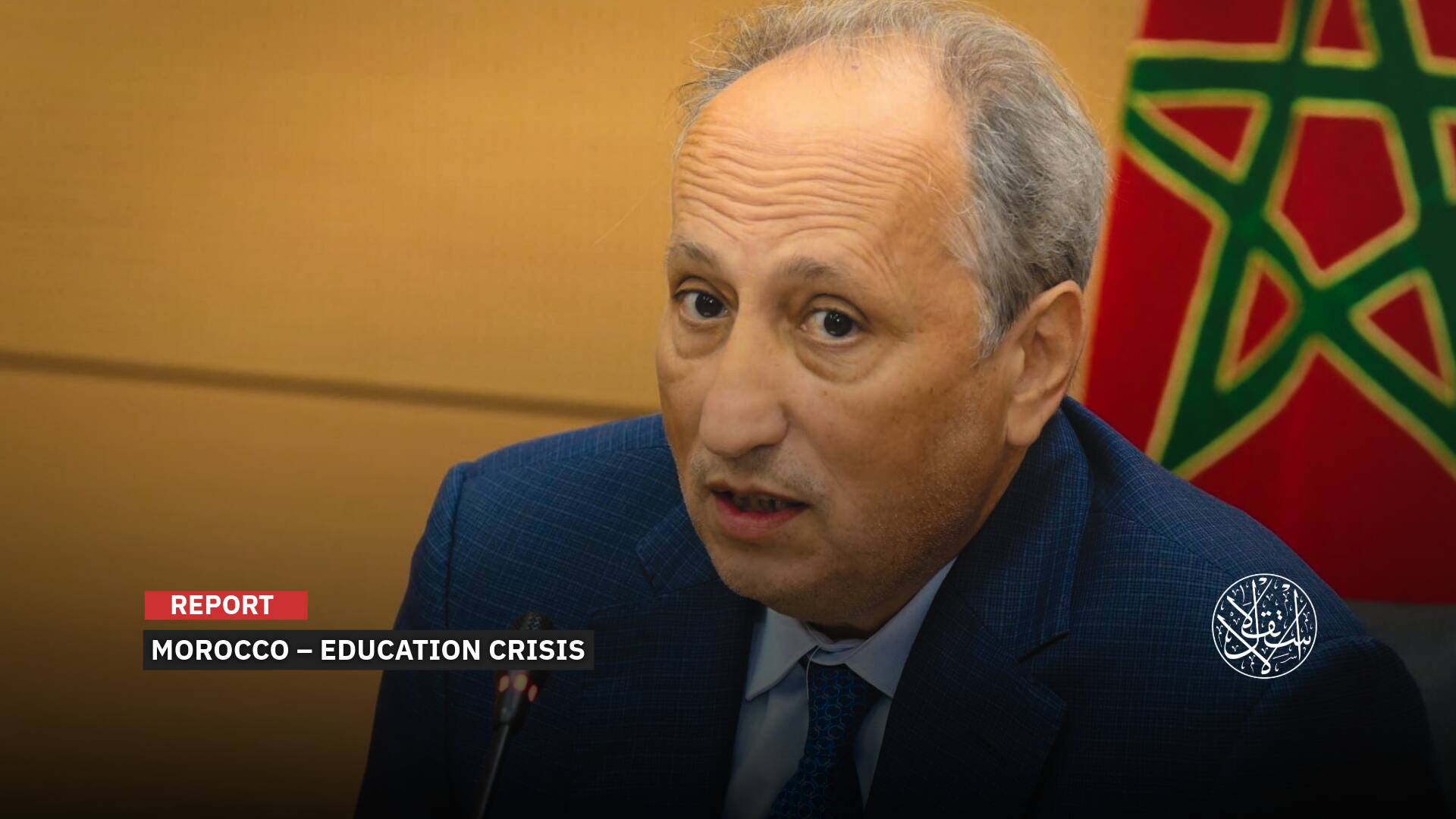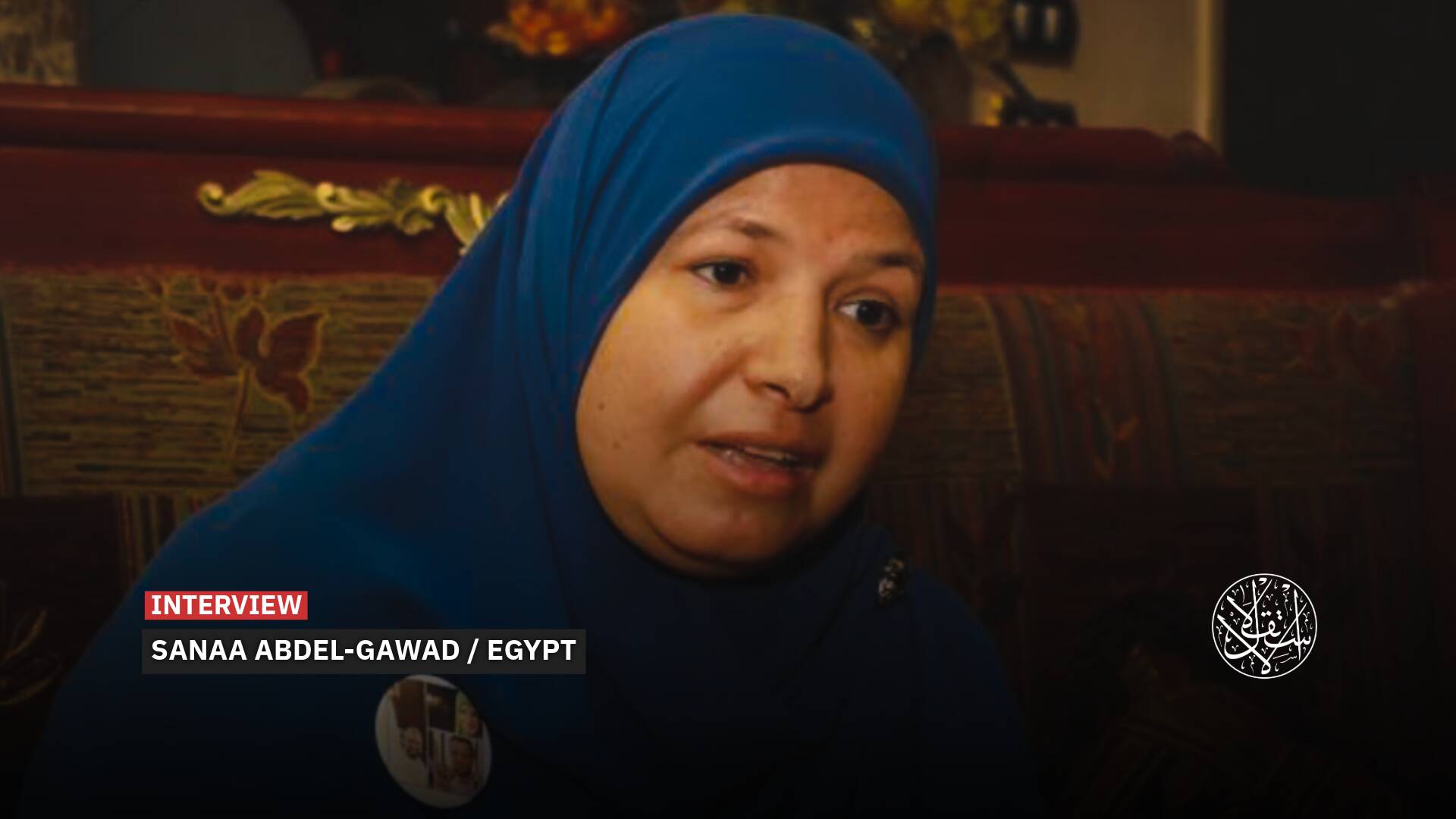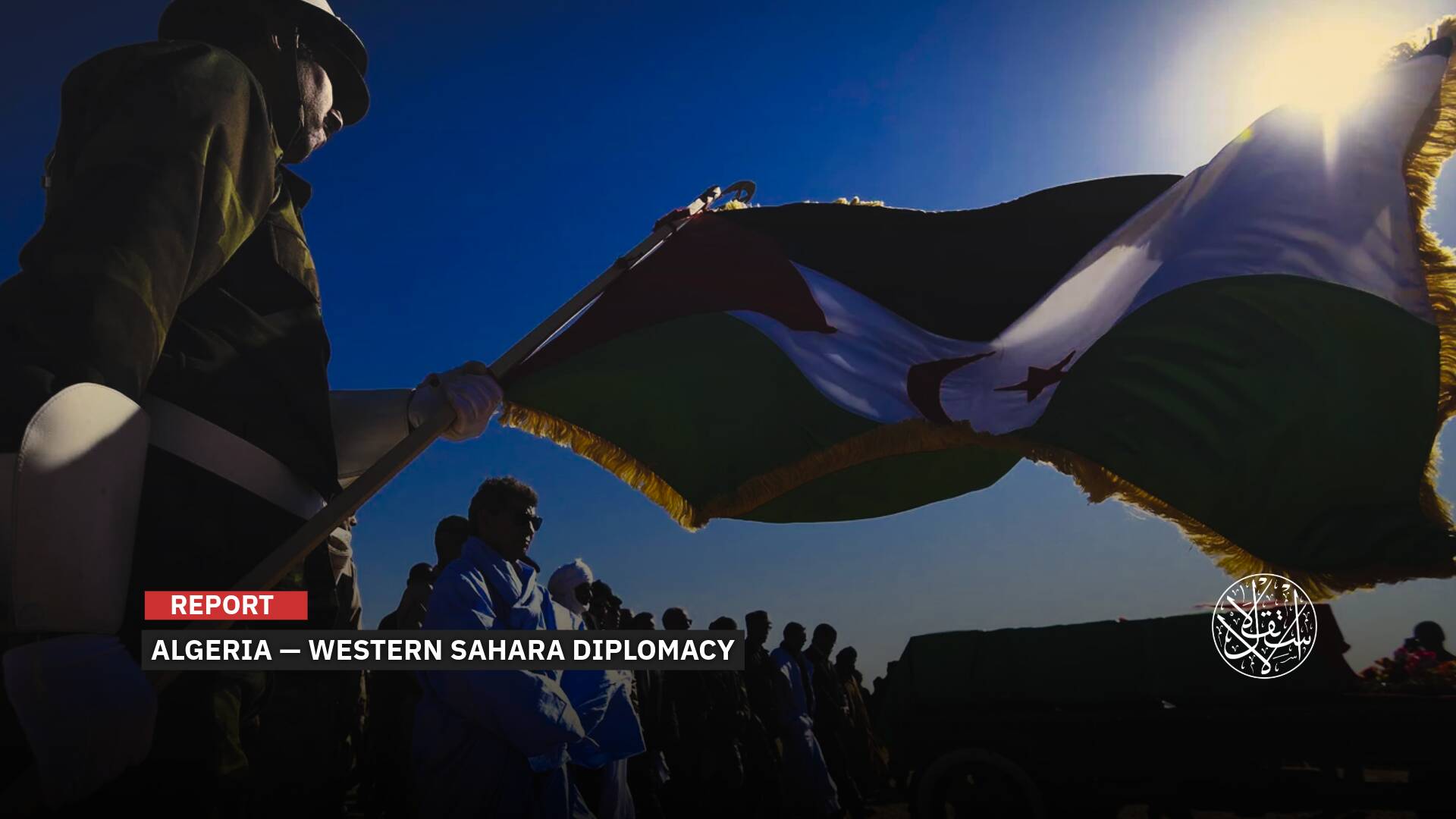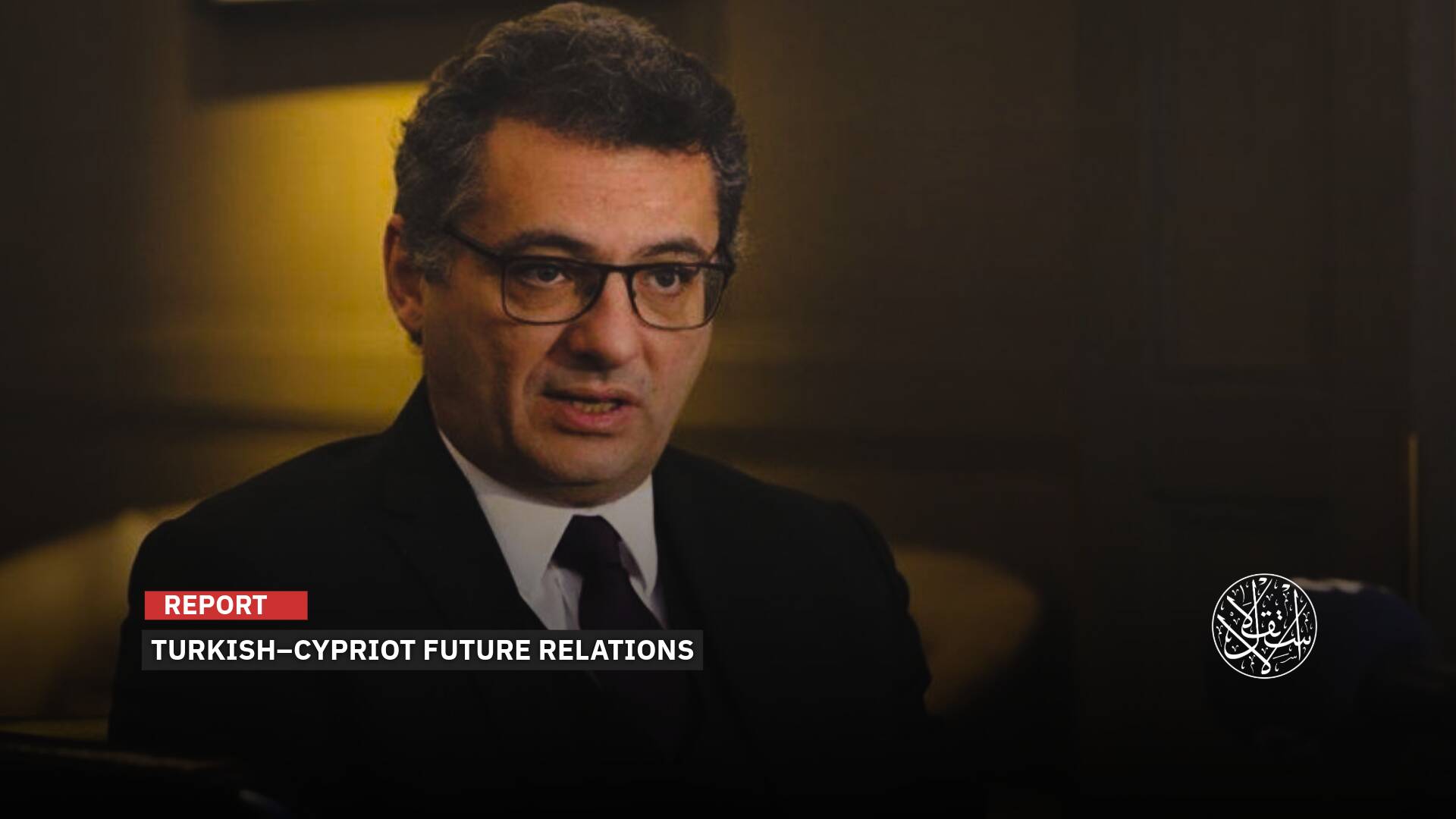On Its Anniversary: How Algeria’s Independence Revolution Mirrors Operation al-Aqsa Flood

French forces raped women, disemboweled pregnants, mutilated bodies, and even buried people alive.
The situation of the Palestinian people, facing Israeli genocide since October 7, 2023, bears striking similarities to that of the Algerian people during their fight for independence, which ended the long French occupation.
On November 1, 2024, Algerians marked the 70th anniversary of their glorious revolution, launched in 1954.
What was the Constantine resistance attack launched during Algeria's revolutionary years? How does it relate to Operation al-Aqsa Flood? And who was Zighoud Youcef, whose story mirrors Palestinian resistance leader Yahya Sinwar?
The Beginnings
When the Algerian people rose, French occupying forces numbered 460,000 troops. These forces included commando units, paratroopers, multinational mercenaries, security forces, reservists, and additional forces composed of indigenous people, known as “Harkis.”
In addition to these, there were militias made up of French colonists in Algeria, resembling the Zionist settlers on occupied Palestinian land.
Against this overwhelming French military force, the Algerian resistance numbered fewer than 30,000 fighters, armed with basic weapons like rifles and pistols, with almost no ammunition or equipment.
The revolution comprised various resistance groups, the most significant being the National Liberation Army, affiliated with the military branch of the National Liberation Front.
The revolution was launched with 1,200 fighters, armed with around 400 weapons, and the first shot was fired in the Aures Mountains in eastern Algeria.
In response, France dissolved all Algerian movements and parties, and assassinated key revolutionary leaders, including Didouche Mourad, Ahmed Zabana, and Badji Mokhtar.
This brutality ignited the anger of the Algerian people, and the revolutionaries began preparing for a pivotal retaliatory event that would hurt France and move them closer to liberation.

Algerian Resistance
The Constantine resistance attack stands as a pivotal moment in Algeria's war for independence—a moment mirrored in Palestine's Operation al-Aqsa Flood on October 7, 2023.
In the wake of the Algerian Revolution, France appointed a new governor in its most prized African colony, military leader Jacques Soustelle. His primary mission was to crush the revolution by any means necessary, implementing policies aimed at assimilating Algeria politically and administratively into France. Soustelle’s reforms sought to erase Algeria’s Arab and Islamic identity, famously declaring, “Algeria is an inseparable part of France.” Yet, despite his efforts, Soustelle struggled to impose this vision.
To counter the revolution’s momentum, he enacted emergency laws and called upon seasoned counter-insurgency officers to suppress the resistance.
Resistance in Action
The leadership of the Second Military Zone of the National Liberation Army, the military wing of the National Liberation Front that sparked the revolution, decided to launch large-scale attacks on French army positions and its economic interests.
Their strategy hinged on choosing an unpredictable date and time, with Algerian fighter Zighoud Youcef—akin to Palestinian resistance legend Yahya Sinwar—leading the charge.
Zighoud took over leadership of the Second Military Zone after the martyrdom of his commander, Didouche Mourad, on January 17, 1955. The decision was a difficult one, as they knew the extent of France's vengeance.
After intensive secret planning, they chose August 20, 1955, a Saturday, to carry out the operations, setting the ‘zero hour’ at noon.
This was contrary to expectations, as similar operations were usually carried out at night or just before dawn. Along with the distinctive timing of attacking the colonizer and catching them off guard in broad daylight, the operations saw resistance fighters armed with hunting rifles, and citizens armed with axes, sticks, gasoline, and sharp tools.
Indeed, the fighters attacked military barracks with full force, destroyed power poles, burned farms and grain storage facilities, and managed to capture several cities and villages that day, including Skikda, Jijel, Mila, Annaba, Guelma, and parts of Setif and Bejaia.
In a single day, 125 French nationals—soldiers, mercenaries, and settlers—were killed in the operation, marking an important escalation in Algeria’s fight for independence and a day etched into the country’s revolutionary legacy.

France’s Brutal Reprisal
France responded to the Constantine resistance attack with unrestrained ferocity, directing its wrath primarily at defenseless civilians. The central government in Paris dispatched 17 military aircraft to the Skikda region alone, bombing villages and areas implicated in the resistance operation.
Algerian historians note chilling statements attributed to the French from that day, declaring that for the Algerians’ attack on the 20th, 20,000 lives would be claimed in retaliation.
In his 2022 book, Lectures on Modern Algerian History, Algerian writer Mohamed Saif records the brutal forms of French repression against Algerians at the time: mass killings, slaughter, burning, looting, and plundering.
French forces bombed cities, committed sexual violence, disemboweled pregnant women, mutilated bodies, crushed children and women bound to tanks, and even buried people alive.
Algerian historian Ahsan Boumali, in his work The Strategy of the Revolution in Its Early Stage, documents that the French retaliation claimed the lives of between 12,000 and 14,000 Algerians.
Zighoud Youcef Martyrdom
Boumali’s work also recounts that the staggering toll of the French reprisals ignited internal debate among the Algerian revolution’s leaders, leading to the urgent convening of the Soummam Conference to reassess their strategy.
One year after the Constantine attack, resistance leaders gathered in the Soummam Valley, where Zighoud Youcef defended the attacks, arguing they had relieved pressure on the revolution. He was promoted to colonel at the conference for his role in the resistance attack.
However, France’s pursuit of Zighoud was relentless. As the mastermind of the operation, he became one of France’s most-wanted leaders of the liberation movement. On September 23, 1956, while touring Algeria’s northern towns to organize military units, French forces ambushed and killed Zighoud after identifying him.
In an address commemorating Algeria’s War of Independence on November 2, 2024, Ahsan Tellilani, President of the Zighoud Youcef Foundation, paid tribute to this leader, noting, “He had a comprehensive vision of the revolution and a remarkable ability to analyze internal and external events. His decision to initiate a sweeping revolt in his command region set the course for Algeria’s eventual independence.”

Strategic Gains
According to Algerian writer Nasser Djabi, these attacks marked a turning point, a “second launch” for Algeria’s liberation movement. The resistance attack dismantled colonial propaganda, which refused to recognize the armed struggle as a “revolution,” instead insisting on portraying early resistance fighters as a “lawless minority.” It shattered the myth of France’s overwhelming power, shifting public opinion and proving the Algerian people’s unshakable resolve for independence.
The attacks also catalyzed global attention on the Algerian cause, breaking the colonial vision of assimilating Algerians into France and erasing their Arab-Islamic identity. Subsequently, revolution representatives began attending international conferences, a diplomatic milestone that fortified Algeria’s standing on the global stage.
According to Djabi, Palestinians, currently enduring an existential crisis under Israeli bombardment, could draw valuable lessons from Algeria’s struggle, especially the Constantine attacks, despite differences in context.
“Such conflicts are not resolved in a single generation, no matter the sacrifices. This struggle extends beyond military force, encompassing political, cultural, and spiritual dimensions—all essential in a fight of this depth and significance,” the Algerian Writer concluded.
Sources
- How Operation al-Aqsa Flood Mirrors the Algerian Liberation Revolution: Insights from a Hamas Leader [Arabic]
- The Flood, Algeria, and Vietnam: The Optimism of Mind and Will [Arabic]
- Palestine on Algeria’s November 1st Commemoration [Arabic]
- Revived the Algerian Revolution, Led Its Largest Offensive, and Longed for Martyrdom Before Independence: The Revolutionary Leader Zighoud Youcef [Arabic]
- How Algerians Resisted French Colonisers in the Algerian War for Independence


